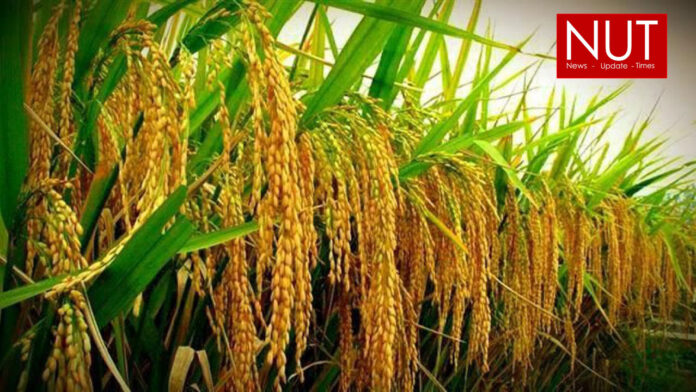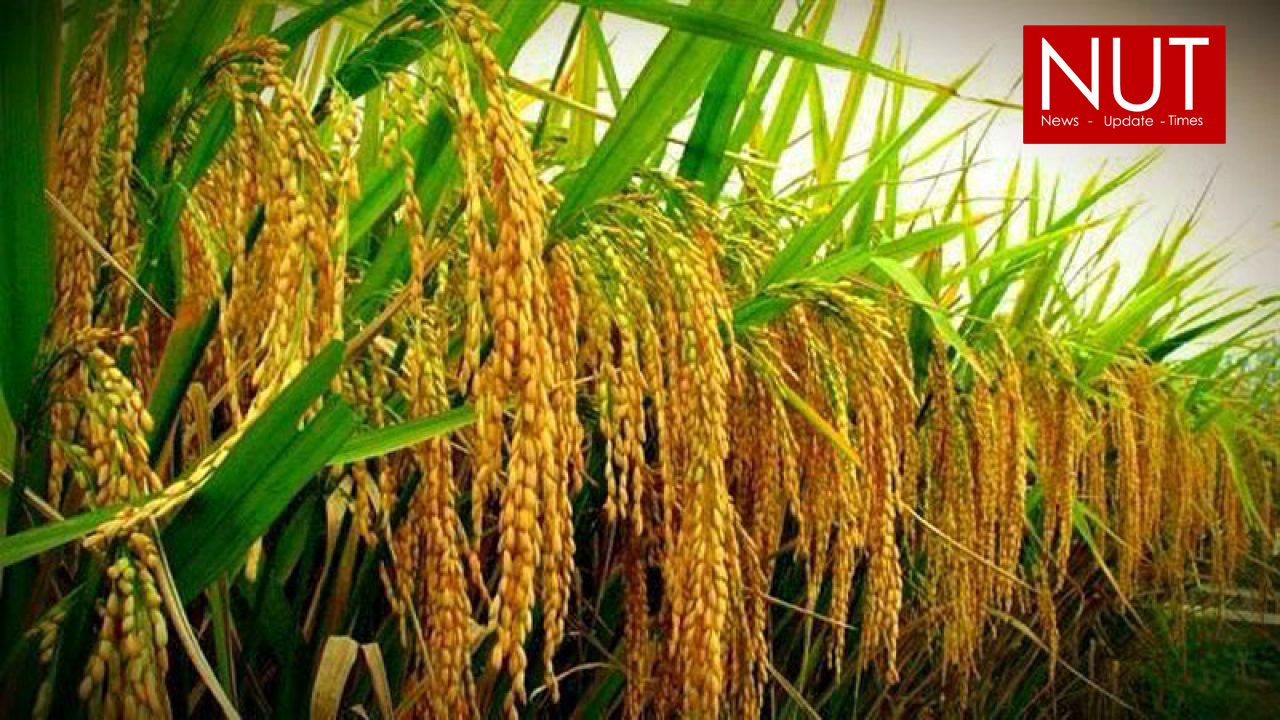Lahore (Zahid Chughtai) Hybrid rice usage coupled with suitable weather, timely rains and technical support from different seed companies and efforts put in by the global institutions like Sustainable Rice Platform (SRP) etc has resulted in achieving double the yield for coarse varieties in Sindh and Southern Punjab this year leading to socio-economic uplift of the growers and the rural areas. Hybrid Paddy has started arriving in the market since over the last two weeks and nearing peak arrivals. This is a phenomenal and prodigious performance by hybrid rice sector, which will give 40-50 per cent increase to yield and farmers’ income this year, thus a promising start to new rice season in Pakistan. The new coarse paddy varieties have started arriving in the market while Super Fine is already available in the market for the last couple of weeks. The new crop of Super Fine is healthy and thus it is hoped its milling recovery, a key economic factor, will be better. Same is the case for the hybrid paddy. Some farmers are achieving 90 to 100 maunds of paddy output, which means a healthy return for the farmers, said the stakeholders. Guard Agricultural Research and Services Limited (GUARD) Chief Executive Officer Shahzad Ali Malik while talking to this scribe said that an average yield with traditional varieties in South Punjab was 40-50 maunds per acre, but with the hybrid seed has improved it to 100-110 maunds per acre. Thus, double the yield means double the income and a socio-economic change in the life of the grower, he added. He said that only 6-7 percent area is being cultivated with the hybrid rice in South Punjab and next year it is expected to reach 15-16 percent. He said that 30-35 percent area in Sindh is already under the hybrid seed varieties and it is expected that by the next season the figure may reach to 50 percent in Sindh alone. He said that some 40 companies were dealing in the hybrid seed, but only a few have their own research and development facilities. He proudly disclosed that his company has a lion’s share in the hybrid seed business and about 50 to 60 per cent seed is being marketed by his company.
Referring to last year’s failure of rice crop in Sindh, Shahzad Ali Malik said that temperature increase due to climate change caused it. “This year too rice crop in Larkana district had seen some difficulties due to high temperature. To tackle this problem we have introduced heat tolerant and drought-tolerant varieties, and working continuously on to improve their performance further,” he added. Rice Exporters Association of Pakistan (REAP) Chairman Shahjahan Malik commenting on success of the hybrid rice in Sindh and South Punjab hoped that Pakistan can add 1 million tons of more rice in next five years, thus making more surplus available for export.
He hoped that more production will also bring down the prices. However, he said, not everyone should be allowed to import and sell the hybrid rice seeds rather only the companies with proper infrastructure and research facilities should be permitted.







